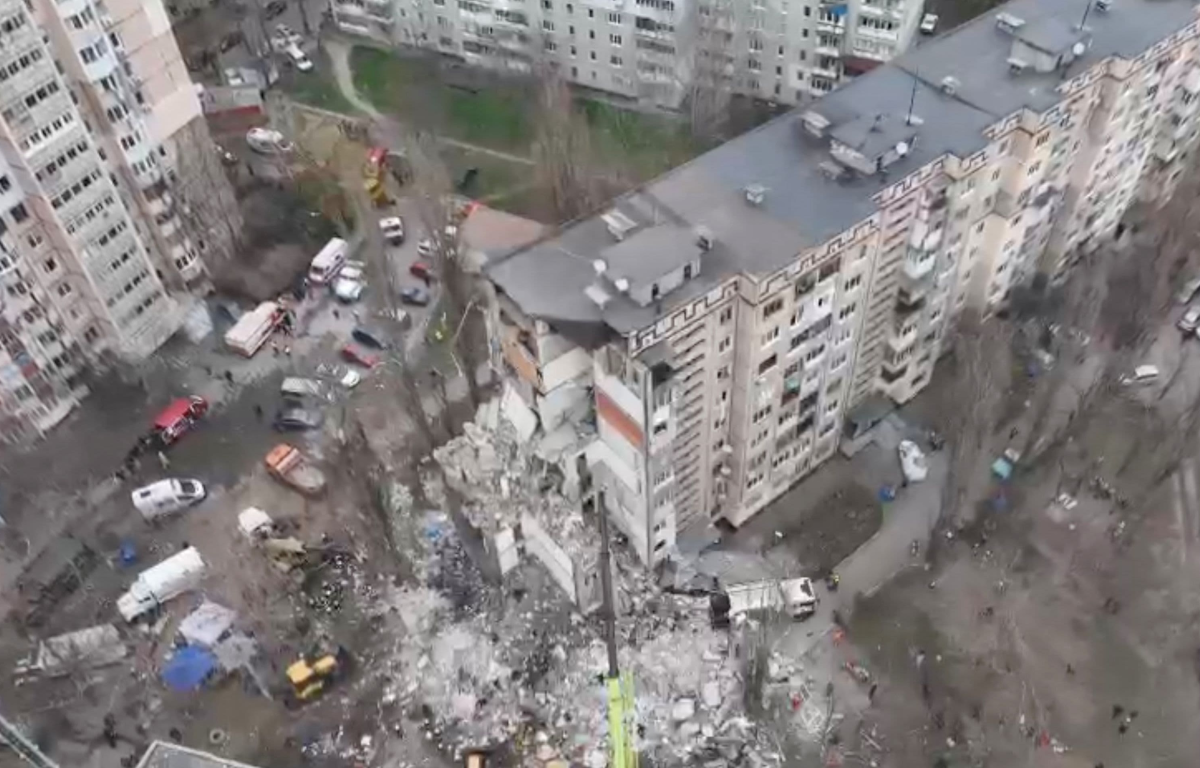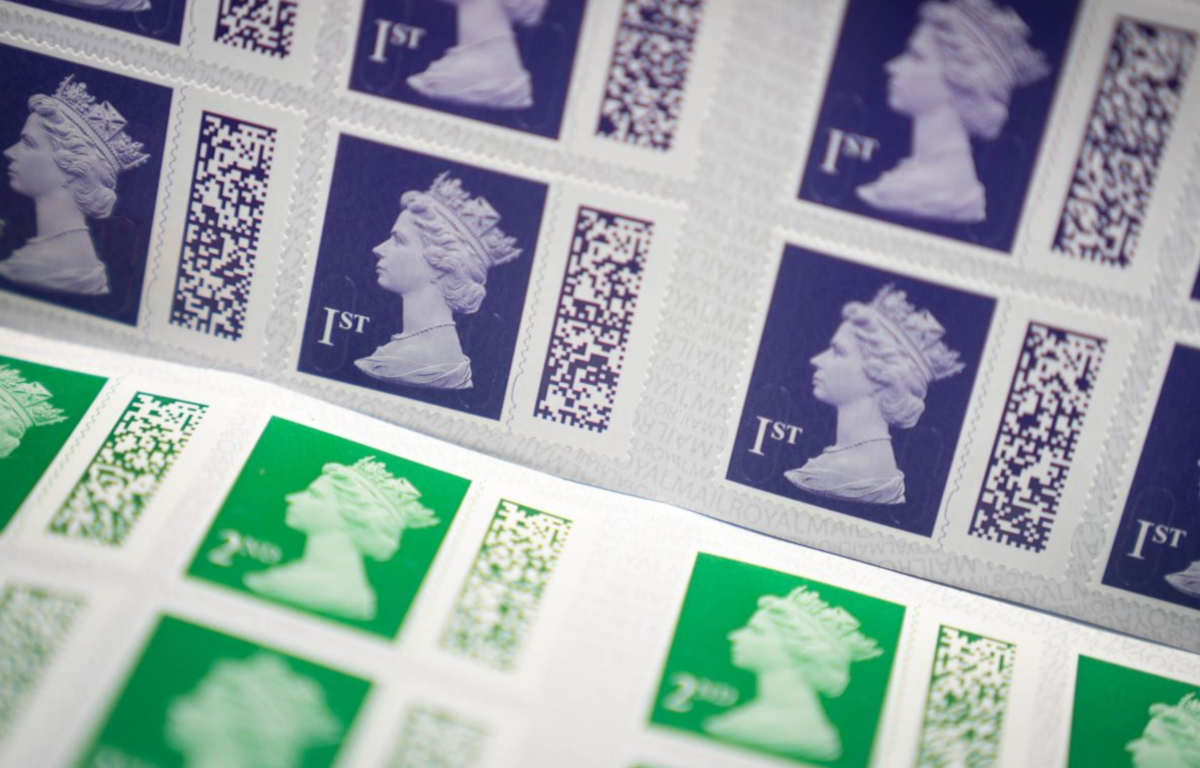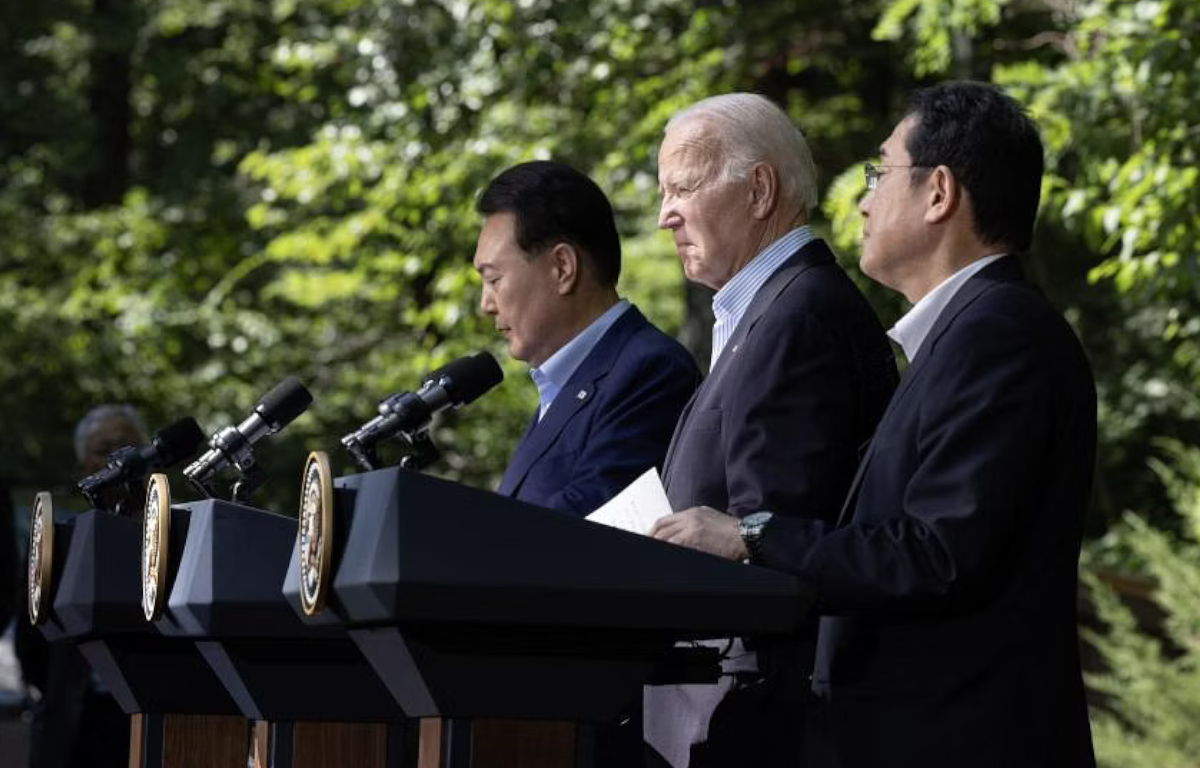
China’s rapid ascendancy in drone technology has captured the world’s attention, with its impressive manufacturing capabilities ranging from consumer quadcopters to advanced military surveillance and attack drones. This expansion has significantly impacted the global drone market, prompting the United States to respond proactively.
The ‘Replicator’ drone program signifies a bold leap forward in the U.S. response to China’s drone dominance. The program’s name conveys a concept that goes beyond mere replication, encapsulating a comprehensive approach to drone technology. This initiative focuses on integrating cutting-edge technologies, including advanced artificial intelligence (AI), extended flight ranges, and heightened autonomy.
An adaptive design philosophy underpins the ‘Replicator’ program, fostering swift iterations and updates that enable the drones to maintain a leading edge. The program’s applications are diversified, spanning military use such as reconnaissance and surveillance, while also extending to civilian purposes like disaster relief and environmental monitoring.
Emphasizing international collaboration, the ‘Replicator’ initiative seeks to forge partnerships with allies to counterbalance China’s growing influence in the drone market. However, ethical considerations are paramount, and the program is committed to adhering to strict guidelines that ensure drones are used in accordance with international laws and regulations.
The unveiling of the ‘Replicator’ drone program heralds a new phase in global technological competition. As the U.S. strives to retain its technological supremacy, this move will likely spark a surge in advanced drone technology development. The consequences extend beyond military capabilities to encompass economic growth, international diplomacy, and the trajectory of global technological progress. In essence, the ‘Replicator’ program holds the potential to reshape the landscape of military and civilian drone technology, ultimately influencing the course of international affairs.










Share this: